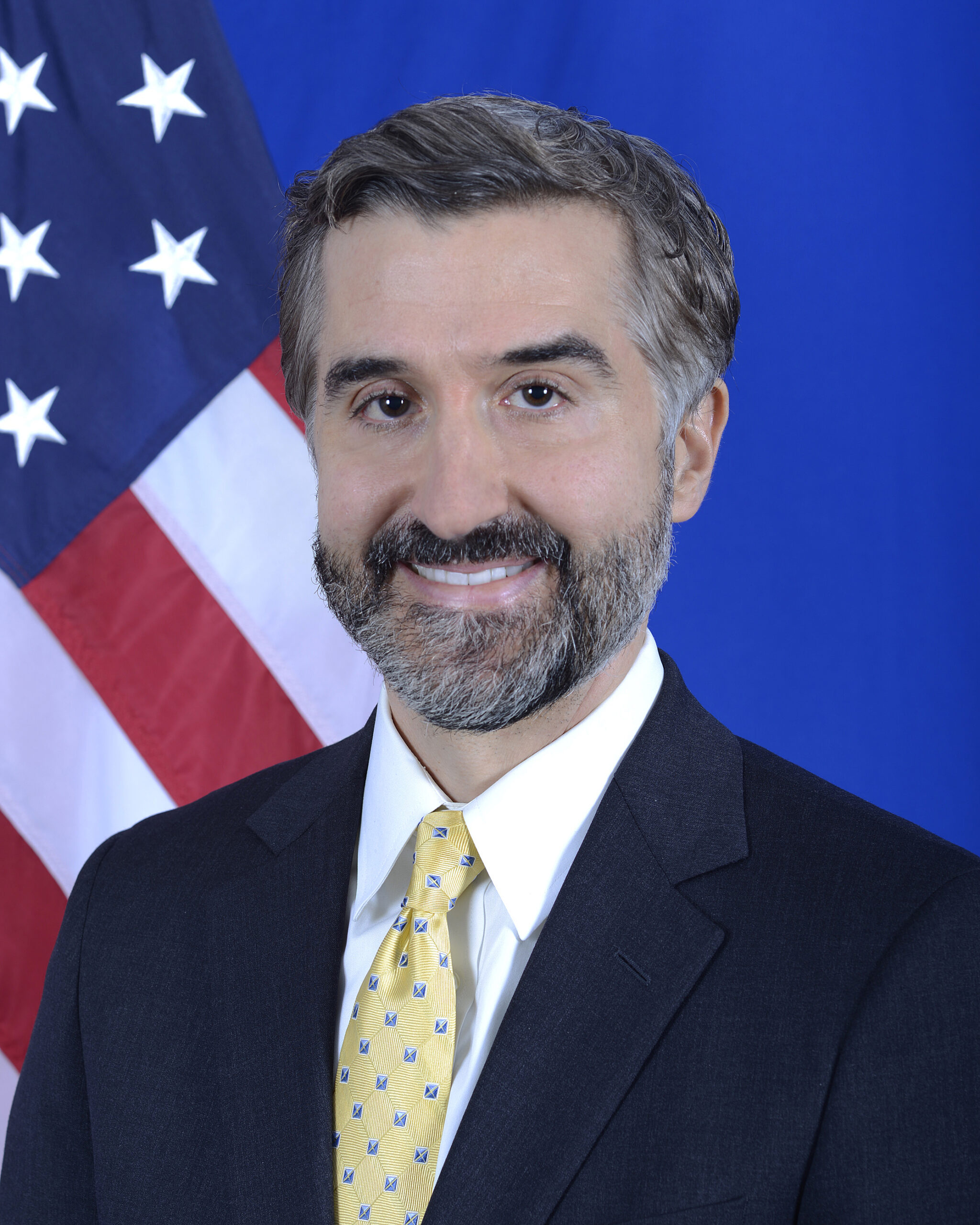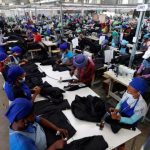Nigeria’s creative industry has been estimated to contribute about $100 billion to the country’s Gross Domestic Product (GDP) by 2030.
The United States Assistant Secretary of State for Business and Economic Affairs, Ramin Toloui, who made the prediction, asserted that Nigeria’s creative industries have the potential to become the country’s largest export sector and could create an estimated 2.7 million jobs by 2050 for the country’s growing youth population.
Speaking at the Africa Creative Market Conference on Intellectual Property protection in Lagos on Monday, Mr Toloui, said expert analysis identified the creative industries as the fastest growing sector, and noted a prediction that the creative economy could account for 10 per cent of global GDP by 2030.
He said: “Nigeria’s sector has grown in leaps and bounds,” and that American actors are now interested in featuring on Nigerian movie screens.
Mr Toloui said the US government is keen about supporting collaborations to strengthen ties between it and Nigeria in the creative sector and deepen investment opportunities in the film and television, music, arts, sports, gaming, and tech areas.
“We have a long history of coordinating with the creative industries in Africa and around the world, especially as it pertains to the promotion and protection of Intellectual Property Rights, which ensures that entrepreneurs are fairly compensated for their creativity,” Toloui remarked.

“The Nigerian creative sector has grown in leaps and bounds. We have American actors now interested in featuring on Nigerian movie screens and we also continue to see more Nigerian music artists collaborating with their American counterparts.
“To see examples of this rich collaboration, look no further than Burna Boy becoming the first African to sell out a U.S. stadium, New York Citi Field, or Rema’s hit song “Calm Down”, which later featured American artist Selena Gomez. In fact, that was the most streamed Afrobeats song of 2022, surpassing one billion streams across all platforms and was also the first African song to spend a year on the Billboard Hot 100 chart.”
He further noted that during the U.S.-Africa Leaders Summit organised last December by the White House, which partly highlighted the economic potential of the creative industries, they announced their intention to partner with stakeholders across the creative ecosystem to help grow the creative economy.
He recalled that during the Summit, there were some agreements made between American companies and African countries and companies that amounted to $15.7 billion and since then, the number of deals has increased to $16.2 billion.
“These deals have covered a wide range of areas, including infrastructure, health care, solar system implementation and establishment, as well as agricultural activities,” he stated.
READ ALSO: U.S Engagement To Improve Nollywood Operations: 3 Key Focus Areas
He disclosed that U.S. film and entertainment companies, such as Netflix, Amazon Prime, and Paramount, are making large investments in the Nigerian market.
In all these, Mr Toloui noted that a strong intellectual property rights protection system is highly needed to “establish secure legal frameworks for investment in – and commercialization of – innovation and creativity.
“Those IP frameworks simultaneously safeguard the public interest and create an environment in which innovation and creativity can generate growth and prosperity.”
“A strong system of IP rights assures inventors, industrial designers, and creative artists that their ideas will be protected and that they can receive payment for the use of their creations… Strong IP protection therefore creates value and jobs that extend well beyond the traditional boundaries of the creative sector,” he stated.
Victor Ezeja is a passionate journalist with seven years of experience writing on economy, politics and energy. He holds a Master's degree in Mass Communication.

















Follow Us